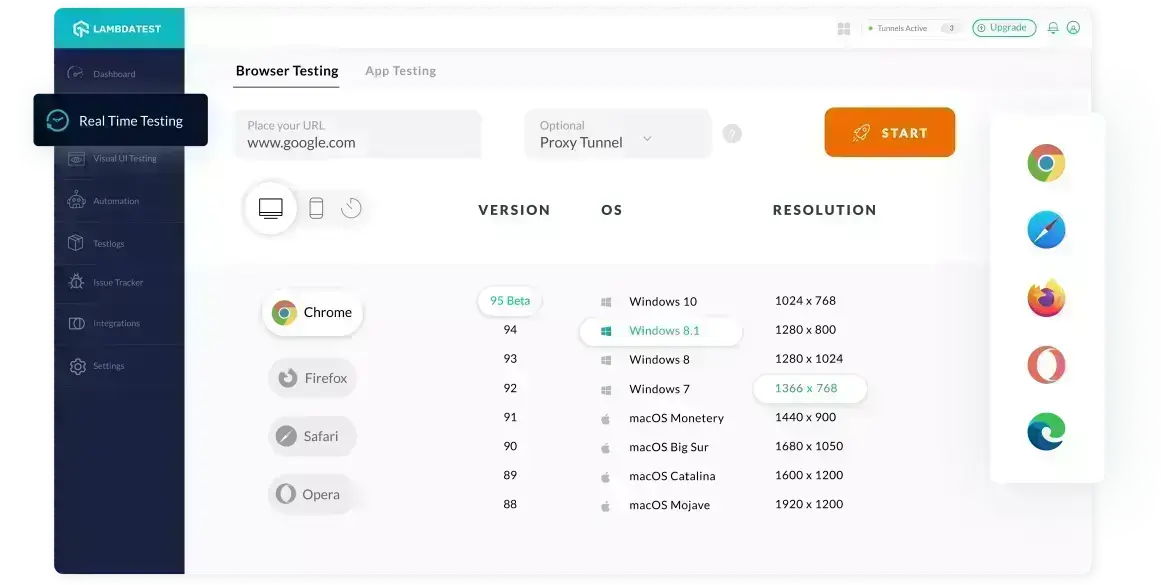Visual data is a valuable resource for AI systems, but machines need context to understand and extract meaningful information. Image annotation services bridge the gap between raw visual data and AI applications by tagging or labeling the data with contextual metadata. This process is crucial for various AI/ML applications like Computer Vision, Deep Learning, and Natural Language Processing. The goal is to enable Machine Learning algorithms to recognize and differentiate objects, patterns, and features within images, ultimately improving decision-making across industries.
As the demand for more sophisticated AI models increases, the need for high-quality and accurately labeled data also grows. AI-driven image annotation plays a game-changing role by providing precise and detailed annotations that reflect the complexities of the real world. This enhances the model’s ability to generalize and perform effectively in diverse scenarios.
Image annotation has a wide range of applications in industries such as retail, healthcare, manufacturing, agriculture, autonomous vehicles, insurance, and banking. In retail, image annotation enables efficient inventory management, personalized customer recommendations, and automated checkout systems. In healthcare, annotations assist in diagnosis, treatment planning, and personalized medicine. In manufacturing, image annotation ensures product quality and optimization of production lines. In agriculture, annotations drive precision farming practices. In autonomous vehicles, annotations help recognize and respond to complex visual environments. In insurance and banking, annotations aid in risk assessment, fraud detection, and document verification. In security and surveillance, annotations enhance the effectiveness of AI-powered systems.
Outsourcing image annotation services to professionals allows businesses to access skilled annotators with domain expertise. However, challenges such as quality assurance, data privacy, and scalability need to be addressed. Robust security measures and rigorous quality control processes are essential. Cloud-based solutions and automation techniques can help address scalability challenges. Outsourcing image annotation not only ensures precision and quality but also allows businesses to focus on their core competencies and accelerate AI application development.
The global data annotation and labeling market is projected to reach $3.6 billion by 2027, highlighting the growing importance of image annotation in AI projects.
In conclusion, image annotation is a crucial process that brings visual data to life and empowers AI systems. Professional image annotation service providers play a vital role in ensuring the success of AI/ML-based projects by accurately interpreting visual data.
Source link























